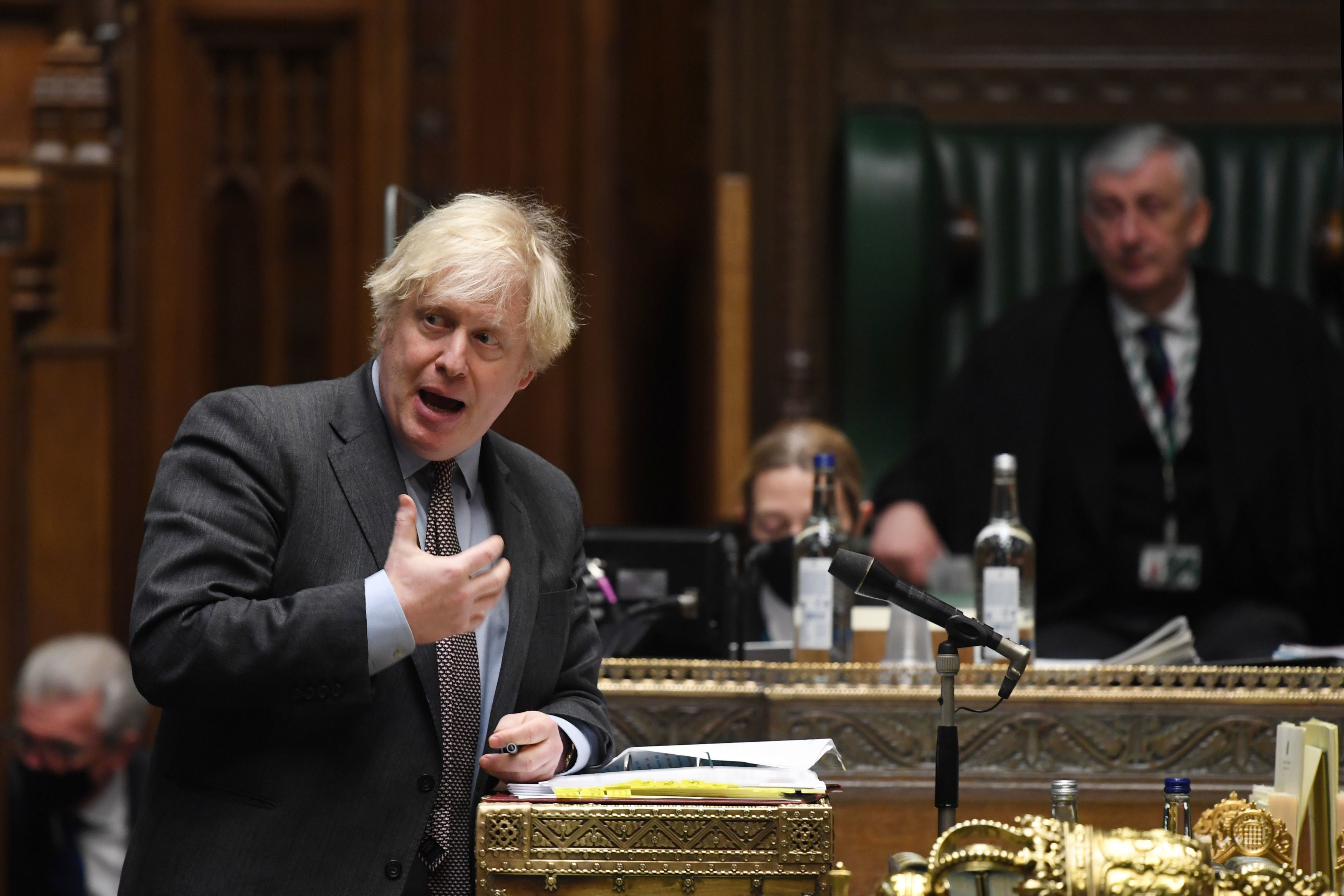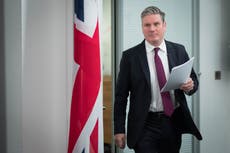When will the PM hold a public inquiry into handling of pandemic?
Six months have passed since Boris Johnson first committed to holding an independent inquiry, but we are no closer to knowing when it might start, let alone its remit and format, writes Ashley Cowburn


During a virtual meeting on Friday afternoon in Downing Street, Boris Johnson held private conversations with bereaved families who have lost loved ones during the coronavirus pandemic.
While welcoming the meeting, the Covid-19 Bereaved Families for Justice Group – representing 2,500 people – said it was “not only hurtful, but pretty disgraceful” that the prime minister had refused six times to meet with the organisation.
Set up in the first months of the crisis, the group’s members have been repeatedly pushing No 10 to launch a public inquiry into the government’s handling of the pandemic. “We family members, and the country, deserve answers,” they say.
In a statement after Friday’s meeting, Jo Goodman, who lost her 72-year-old father, Stuart, to the virus and co-founded the campaign, said “it feels like were the wrong kind of bereaved people”.
“If the prime minister still won’t meet with us, the least he can do is get the ball rolling on a statutory public inquiry so that he doesn’t repeat the same mistakes that cost so many lives this winter”.
Mr Johnson first committed to holding an independent inquiry over six months ago when challenged in the House of Commons by the Liberal Democrat leader Sir Ed Davey, but in the time that has passed no date has been given for when it might start and major question over its remit and format have not been answered.
It remains to be seen, for example, if the prime minister goes down the route of a public inquiry, whether it will be set up under the 2005 Inquiries Act – giving the probe the power to compel witnesses, including ministers, to give evidence. Alternatively, it could take a non-statutory form, similar to the Chilcot inquiry into the 2003 invasion of Iraq, which would allow some issues to be examined in private.
For now, the government’s focus is on the largest vaccination programme in the NHS’s history and devising a plan to unwind the lockdown in the spring – set to be published on 22 February. The prime minister has stressed he does not want to divert officials’ time and resources away from the immediate demands of the pandemic to a lengthy probe.
But as society gradually emerges from hibernation and those over 50 are immunised, attention is likely to rapidly turn towards the inevitable public inquiry and Downing Street will face intense political pressure to set out a timeframe. Sir Keir Starmer has already insisted families “deserve to know” when it will begin. Lessons will also need to be learned so that the British state is better prepared for future pandemic threats.
When the UK’s coronavirus death count reached the grim milestone of 100,000 almost a fortnight ago, the prime minister claimed the government “did everything we could” but did not answer journalists’ questions on why the figure was so high. According to the most recent government data, over 111,000 people have now died 28 days after testing positive for the disease – one of the highest figures in the world.
Earlier this week, Professor Andrew Hayward, a member of the government’s Scientific Advisory Group for Emergencies (Sage), suggested the country could see a “significant return to normality” by the summer with restrictions gradually phased out. If his prediction comes to fruition, Mr Johnson’s ability to swerve questions on the issue of a public inquiry will be vastly constrained.




Join our commenting forum
Join thought-provoking conversations, follow other Independent readers and see their replies
Comments